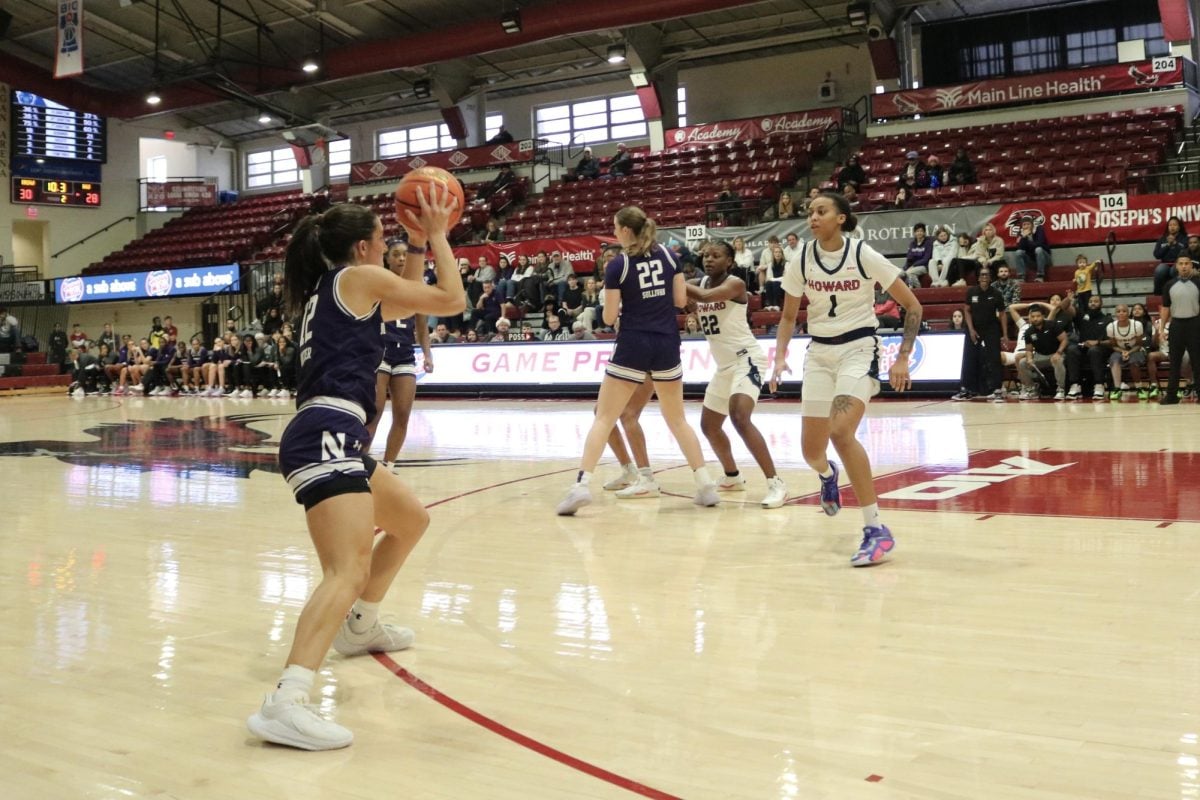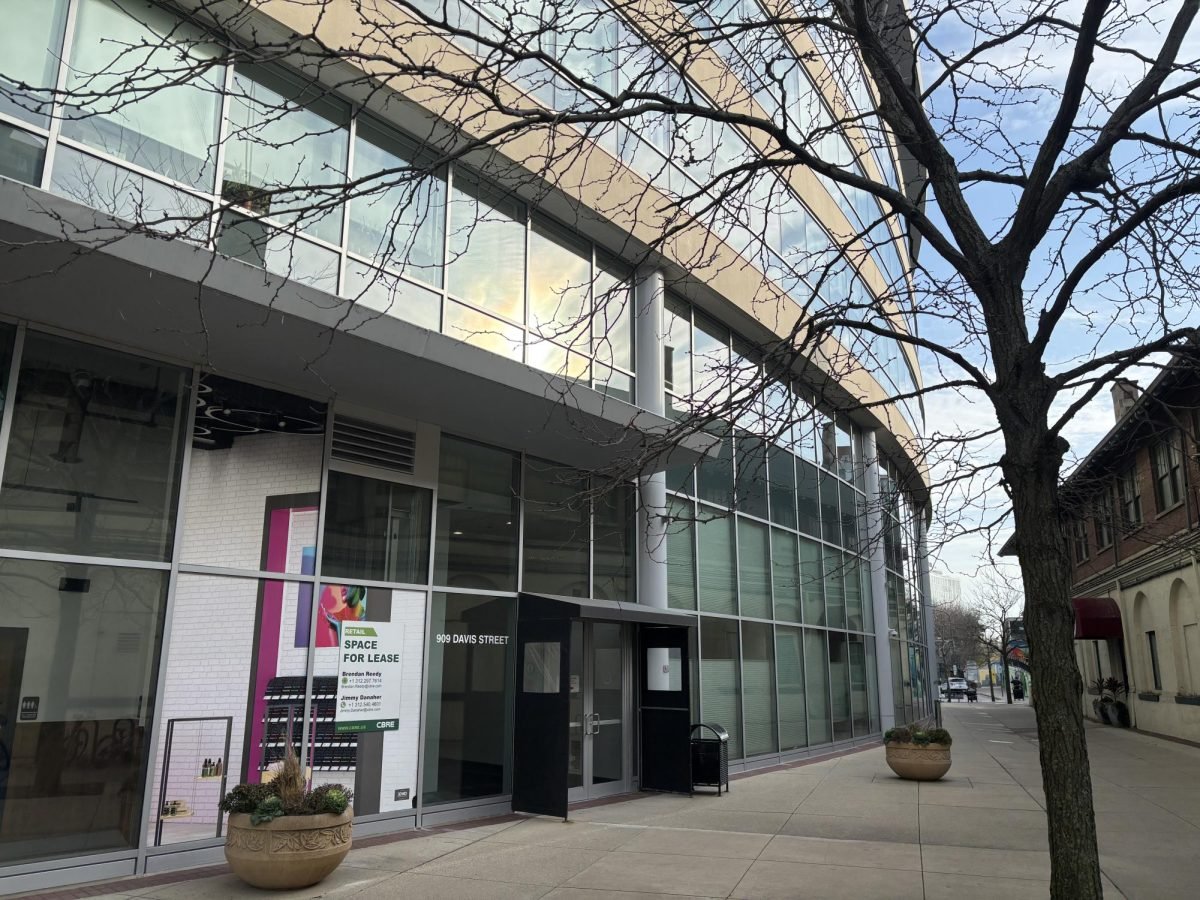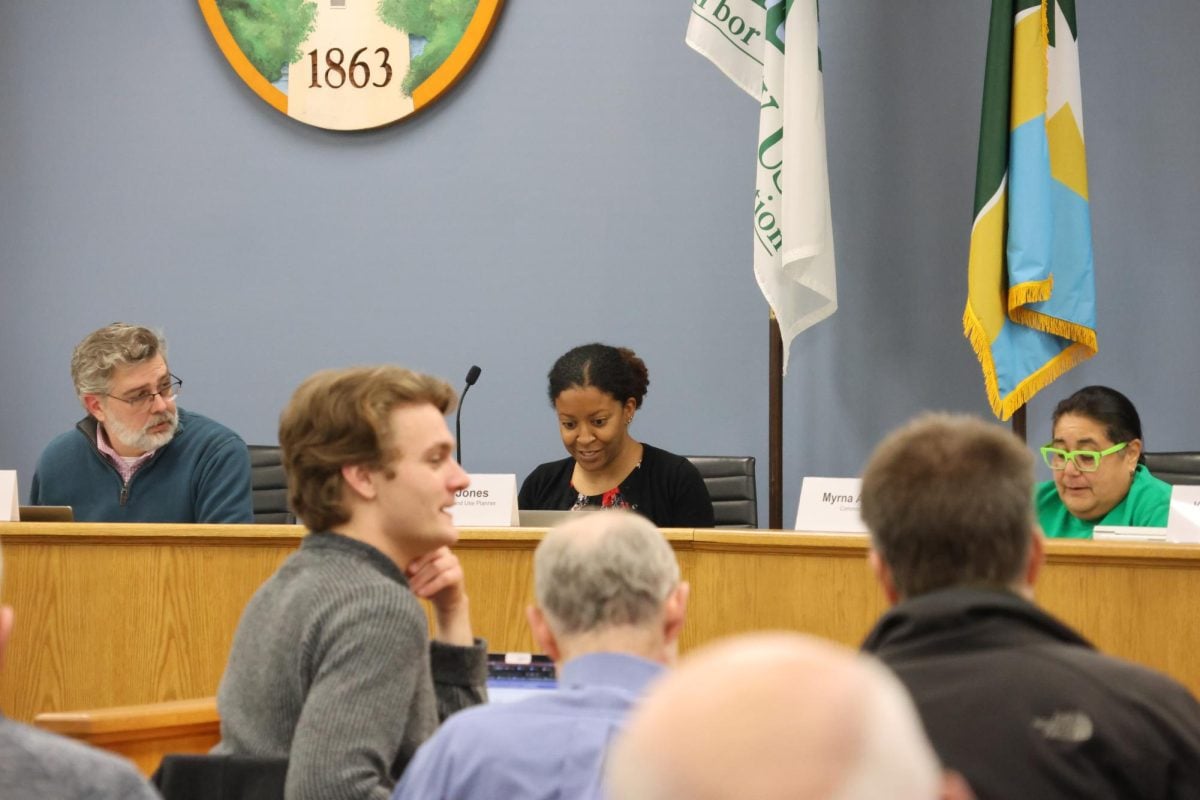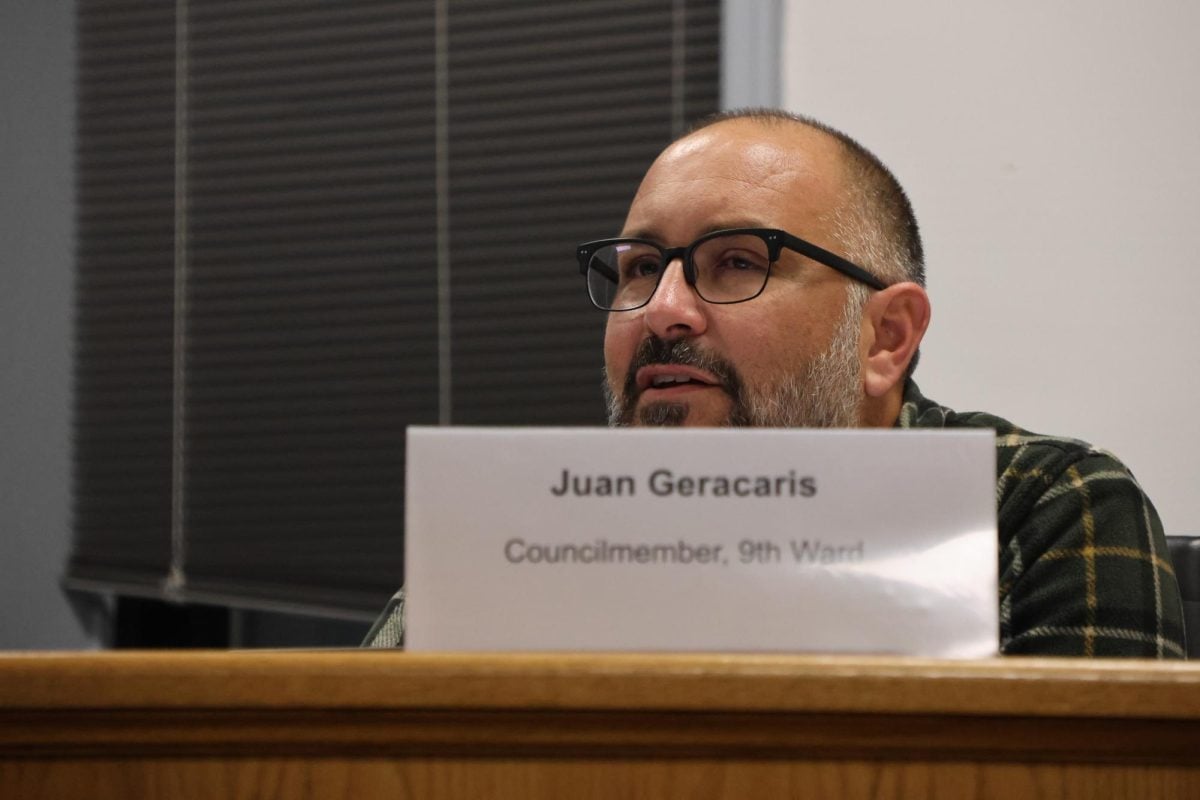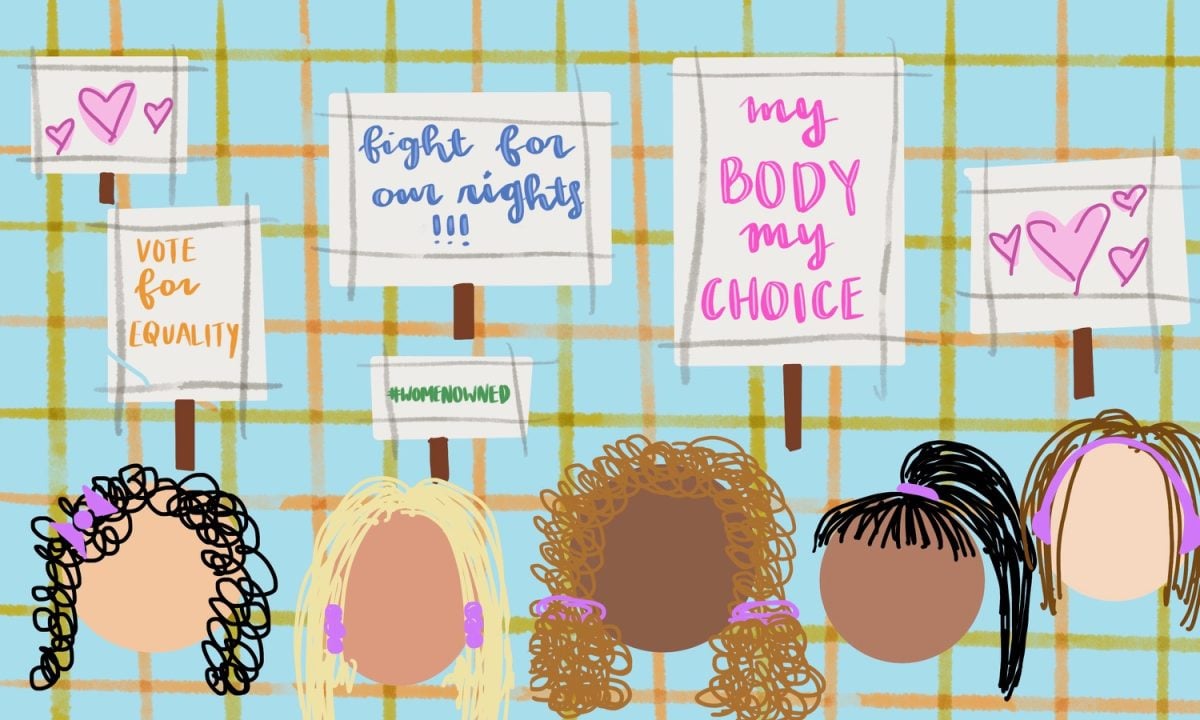Evanston’s participatory budgeting voting process will close in eight days — but until then, residents still have an opportunity to cast a ballot. Their votes will determine how City Council allocates $3 million in American Rescue Plan Act funds.
The ballot contains 20 proposals for the funds, including affordable housing, mental health, community events and local businesses. Voters can select up to seven proposals they believe will best serve the community’s needs. The full list of items on the ballot can be found on the city’s website.
About half of the voters who registered for participatory budgeting have already cast their votes, according to Participatory Budgeting Manager Matthew Ouren. He said he’s excited about the engagement and considers the voting process successful.
“We’ve achieved approximately 3,800 votes, which is approximately 5% of Evanston,” Ouren said. “Typically, participatory budgeting processes are about 1% of the population turnout.”
While participatory budgeting has been used in communities around the United States, the practice is just now making its Evanston debut, Ouren said.
Ouren said he worried that there would be some skeptics, but voter turnout has already exceeded expectations.
“A lot of people who were registered haven’t voted yet,” said Gus Umbelino, a researcher at Northwestern who works with Evanston’s participatory budgeting team. “We’re expecting quite a bit of votes towards the end.”
According to the participatory budgeting rulebook, anyone over the age of 14 who has a “meaningful connection” to Evanston — people who live, work, study, own a business or have a child who goes to school in Evanston — is eligible to vote.
Ouren said there are several ways the city has made the voting process more accessible. To accommodate the needs of more people, the voting form is available in four different languages.
“Residents of Evanston can vote online by registering and then receiving a ballot in their email address, or they can go to in-person events,” he said.
Within two days of registering, residents will receive a ballot sent to their provided emails. Those who wish to vote on paper can cast their vote at any time in one of several locations around the city.
Voting ends at midnight on Sept. 30, and those willing to vote online should register earlier to receive their ballot on time, Umbelino said. He encouraged people to register before Sept. 29 at the latest, so that anyone still interested can vote on Sept. 30.
Following the voting process, all votes will be counted to determine winners. Proposals will be ranked from the most to the least popular, according to how many votes each proposal receives.
“The most popular one will be (fully) funded, and then they’re going to subtract (the price) from the $3 million,” Umbelino said. “Say, there’s $500,000 left and proposal number two requires $1 million, so then that one’s not going to be funded. They’re going to go down to proposal three and they’re going to keep going down until all the money’s back.”
As the end of the voting period nears, Ouren encouraged those who still have not voted to attend the Participatory Budgeting Project Expo on Sept. 23 at 2 p.m. at the Levy Senior Center to learn more about the initiatives from participatory budgeting delegates.
Transportation to Levy Senior Center will be provided to those who signed up for participatory budgeting at a canvassing event or online or registered to vote.
Umbelino said he especially encourages Northwestern students to come to the expo and participate in voting for multiple reasons.
“One is just knowing the community that you’re part of, especially for Northwestern students,” Umbelino said. “Sometimes it’s like you’re in the ‘Northwestern bubble.’”
Email: [email protected]
Twitter: @_megija
Related Stories:
—Voter registration opens for Evanston’s participatory budgeting pilot
— ‘Democracy working in action’: Evanston, NU collaborate on participatory budgeting pilot program







